Robbie Robertson, The Band co-founder and guitarist, dead at 80
Robbie Robertson, the guitarist-singer-songwriter who co-founded the Canadian-American rock group The Band, has died. He was 80.
Robertson’s longtime manager, Jared Levine, confirmed his death to The Post on Wednesday, saying Robertson died in Los Angeles after a long illness.
“Robbie was surrounded by his family at the time of his death, including his wife, Janet, his ex-wife, Dominique, her partner Nicholas, and his children Alexandra, Sebastian, Delphine, and Delphine’s partner Kenny,” Levine said in a statement.
“He is also survived by his grandchildren Angelica, Donovan, Dominic, Gabriel, and Seraphina. Robertson recently completed his fourteenth film music project with frequent collaborator Martin Scorsese, ‘Killers of the Flower Moon.’ In lieu of flowers, the family has asked that donations be made to the Six Nations of the Grand River to support the building of their new cultural center.”
Born Jaime Royal Robertson in Toronto on July 5, 1943, Robertson had family roots in the Jewish enclave of the city’s downtown and in the Mohawk community of the Six Nations Reserve outside the city.
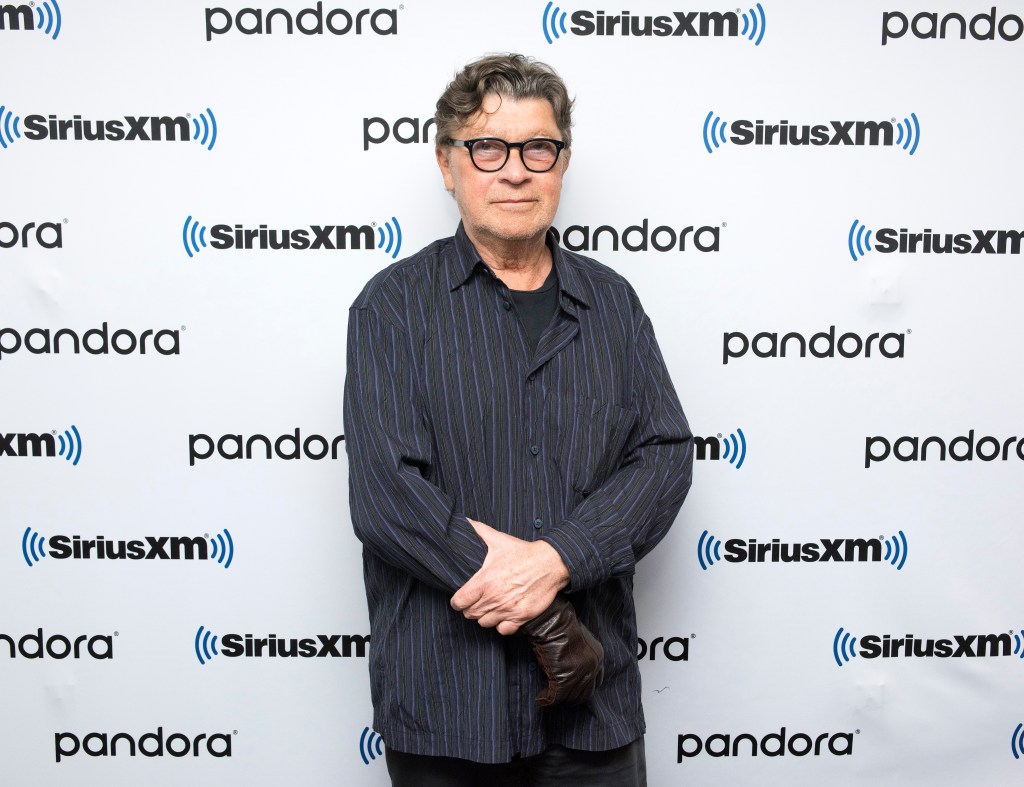
At age 10, he began playing guitar, and in 1960 at the age of 16, he joined drummer Levon Helm in the Hawks, the backing band for rockabilly star Ronnie Hawkins.
The Hawks went on to play with Bob Dylan on tour in 1965 and 1966, after the folk-music star famously decided to “go electric.” Moving to Woodstock in 1967, Robertson and his bandmates recorded the seminal “basement tapes” with Dylan before changing their name to The Band and releasing the groundbreaking “Music from Big Pink” album in 1968.
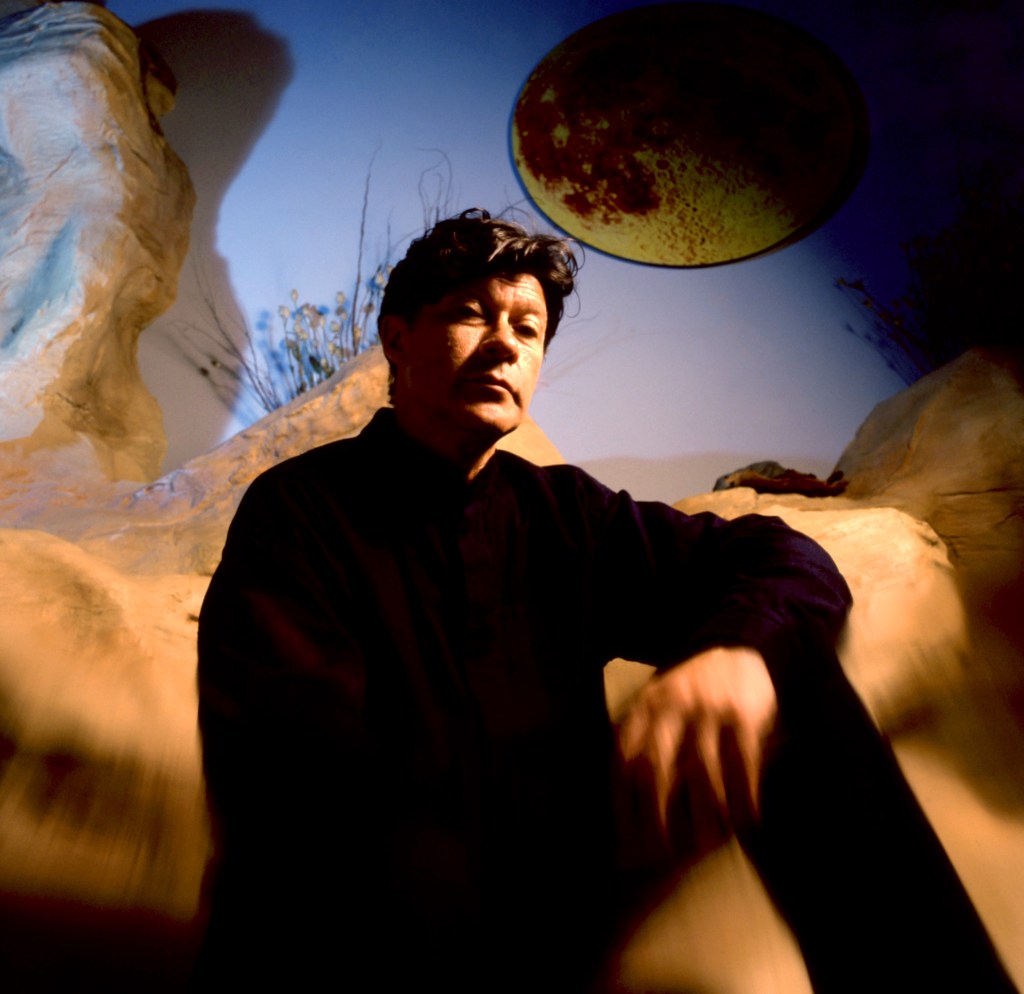
Robertson was known for writing some of the group’s classic songs, including “The Weight,” “Up On Cripple Creek,” “The Night They Drove Old Dixie Down,” “The Shape I’m In” and “It Makes No Difference.”
By 1978, Robertson claimed, every member of The Band was struggling with drugs and/or alcohol, so he made the decision that the group would be done touring, which led to its demise.
“Our musical ability was disappearing before my eyes,” he told The Week in 2015. “You’re in a place and it’s on fire and you say, ‘I’ve got to get out of here.’”
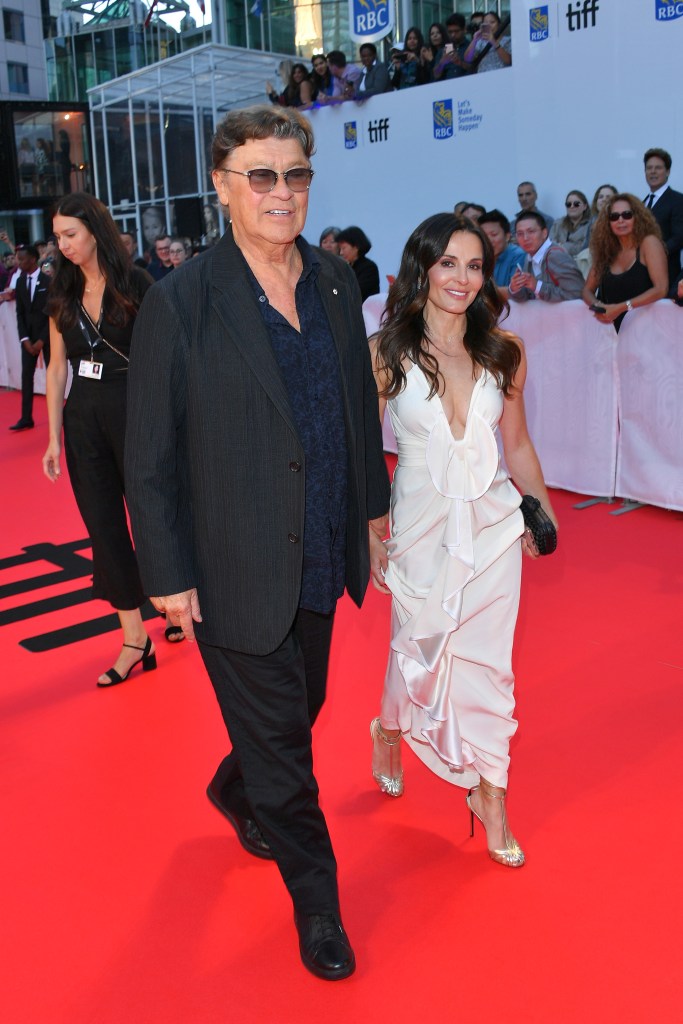
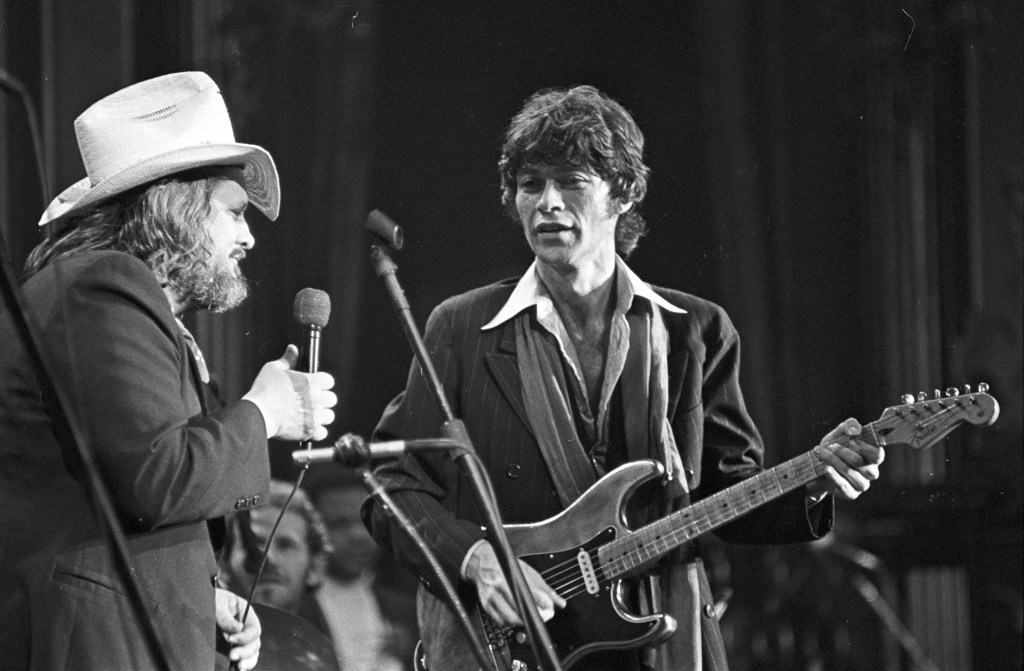
Robertson was inducted into the Canadian Music Hall of Fame (1989) and the Rock & Roll Hall of Fame (1994) as a member of The Band.
He also joined Canada’s Walk of Fame as a solo act in 2003 and with The Band in 2014.
In 2019, Robertson received the Lifetime Achievement award at the Canadian Music Hall of Fame.
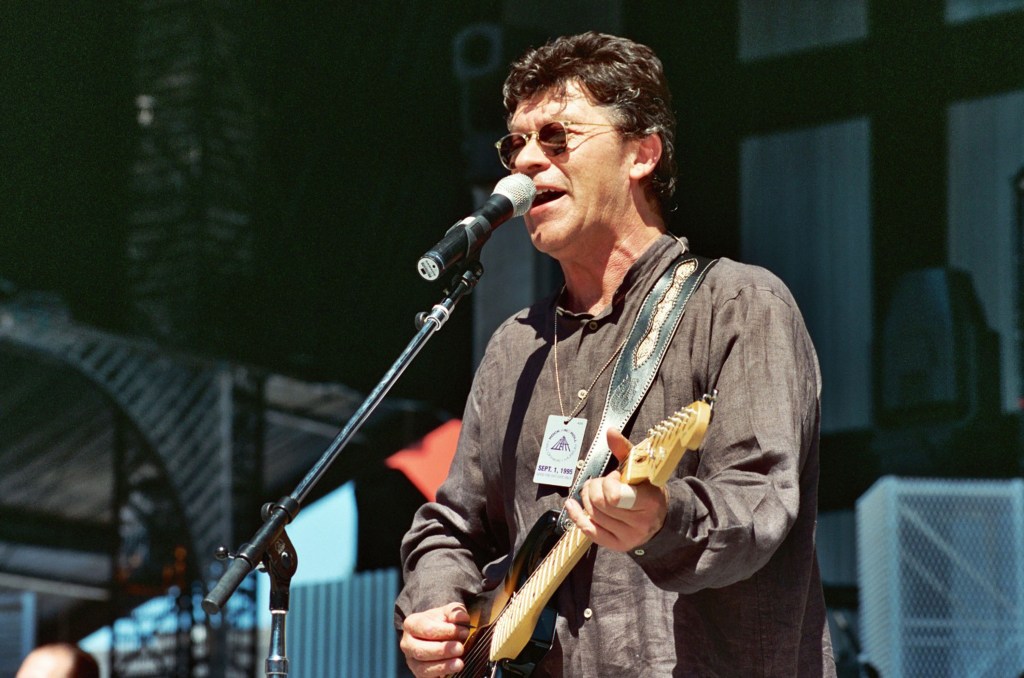
Robertson and Scorsese became collaborators after the famed director captured The Band’s farewell concert in 1976 for “The Last Waltz.”
Starting in 1980, Robertson served as a composer or executive music producer for many of Scorsese’s films, including “Raging Bull,” “The King of Comedy,” “The Color of Money,” “Gangs of New York,” “Shutter Island,” “The Wolf of Wall Street,” “Silence,” “The Irishman” and “Killers of the Flower Moon.”
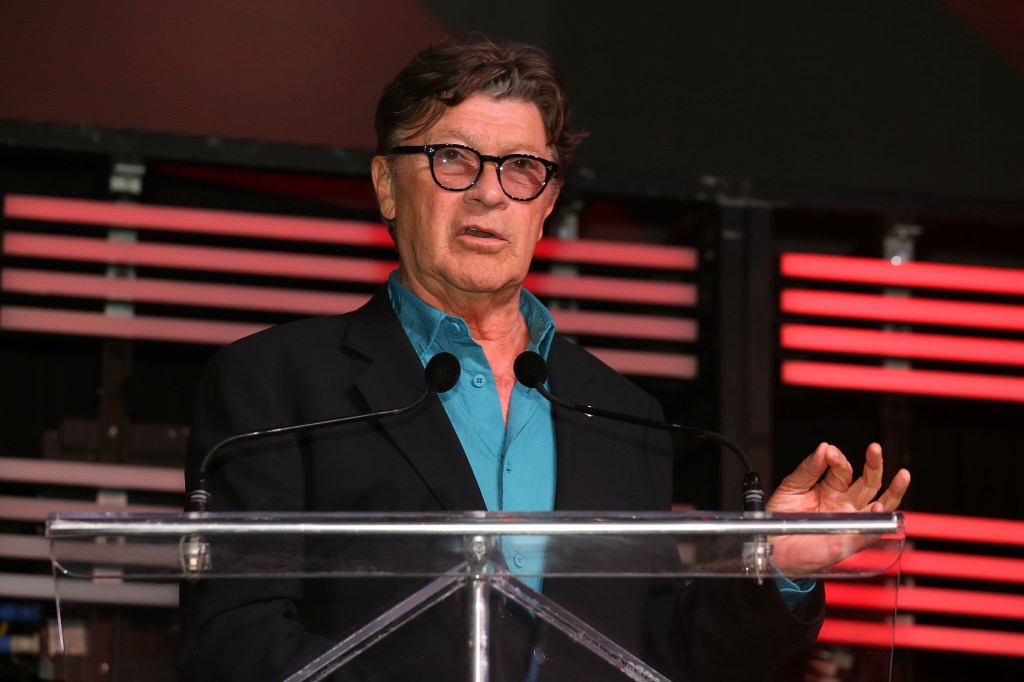
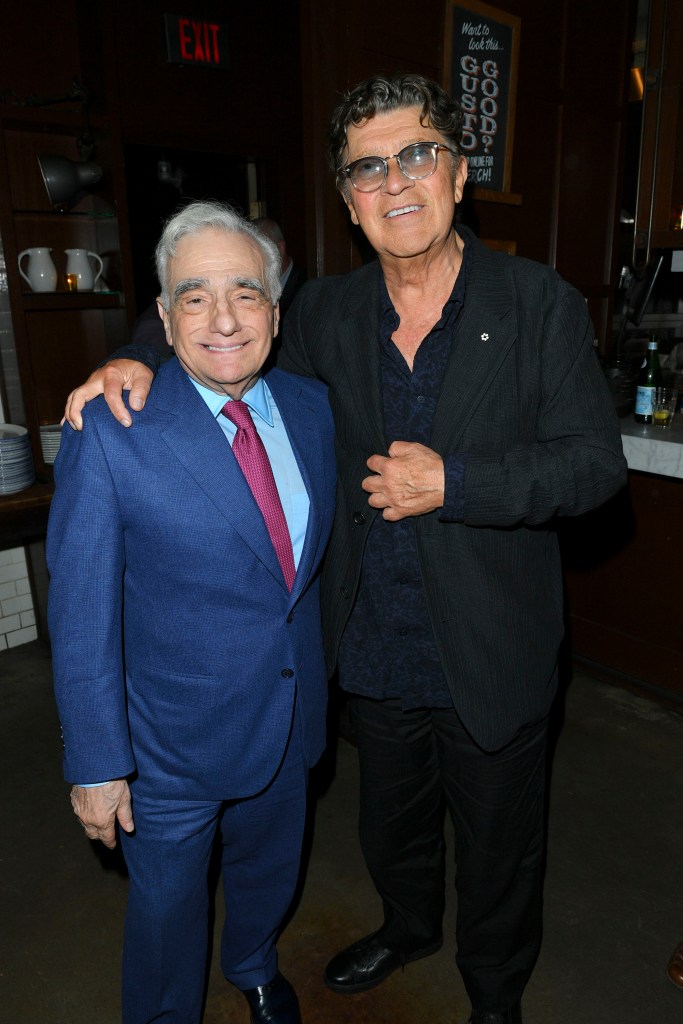
Robertson released his solo album in 1987 and would go on to release five more albums. His solo hits include “Somewhere Down the Crazy River,” “Shine Your Light,” and “Broken Arrow.”
In 2016, Robertson released his memoir “Testimony,” which was made into the 2019 documentary film “Once Were Brothers: Robbie Robertson and The Band.”
At the time of his death, Robertson was writing his follow-up memoir and had just finished scoring Scorsese’s “Killers of the Flower Moon” starring Leonardo DiCaprio and Robert De Niro, which is due out Oct. 6.
In a statement obtained by The Post, Scorsese called Robertson “one of my closest friends, a constant in my life and my work.
“I could always go to him as a confidante. A collaborator. An advisor. I tried to be the same for him. Long before we ever met, his music played a central role in my life — me and millions and millions of other people all over this world,” the statement read.
“The Band’s music, and Robbie’s own later solo music, seemed to come from the deepest place at the heart of this continent, its traditions and tragedies and joys. It goes without saying that he was a giant, that his effect on the art form was profound and lasting. There’s never enough time with anyone you love. And I loved Robbie.”
Read the full article Here


